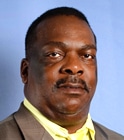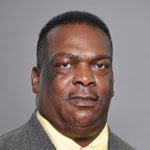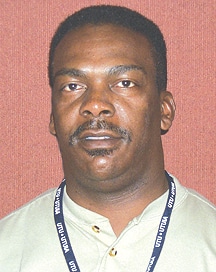
By Calvin Studivant,
Vice President – Bus –
On behalf of the Smart Transportation Division officers, and especially the officers of the Bus Department, I would like to wish all of our members and their loved ones a safe, healthy and prosperous 2015.
Now that the elections for local officers are behind us, I would like to take this opportunity to congratulate all those who were successful in being elected to their new positions. I ask that they keep in mind that fair representation of their fellow brothers and sisters is the goal. Treat all members alike and strive to represent the interests of all. Attend all union meetings and encourage your fellow members to do likewise.
Also, my congratulations go out to all incumbent officers who won re-election. I trust they were re-elected to their positions on the merits of their service to their members.
Please know that we at the SMART International and Transportation Division offices stand ready to assist with the training of new officers, so that we can continue to provide our members with the best possible representation. We also stand ready to help our brothers and sisters with any labor disputes that they may be experiencing on their respective properties. We welcome your inquiries.
Both Bus Vice President Adhi Reddy and myself are committed to securing good labor agreements for our members and we will stop at nothing to ensure that our members are protected in the workplace.
We have attended meetings along with other unions and carriers to try to find the best means to eliminate assaults on bus operators and to also ensure that those who commit these assaults are punished severely.
The road ahead may be filled with potholes, but we will work with our Legislative Department in Washington to make sure our members’ voices are heard.
While our union’s Bus Department membership continues to grow, we must continue to be proactive and diligent in making it the strongest and most progressive union of all.
Please continue being the best drivers on the roads for your own safety, the safety of your passengers and that of the general public.

